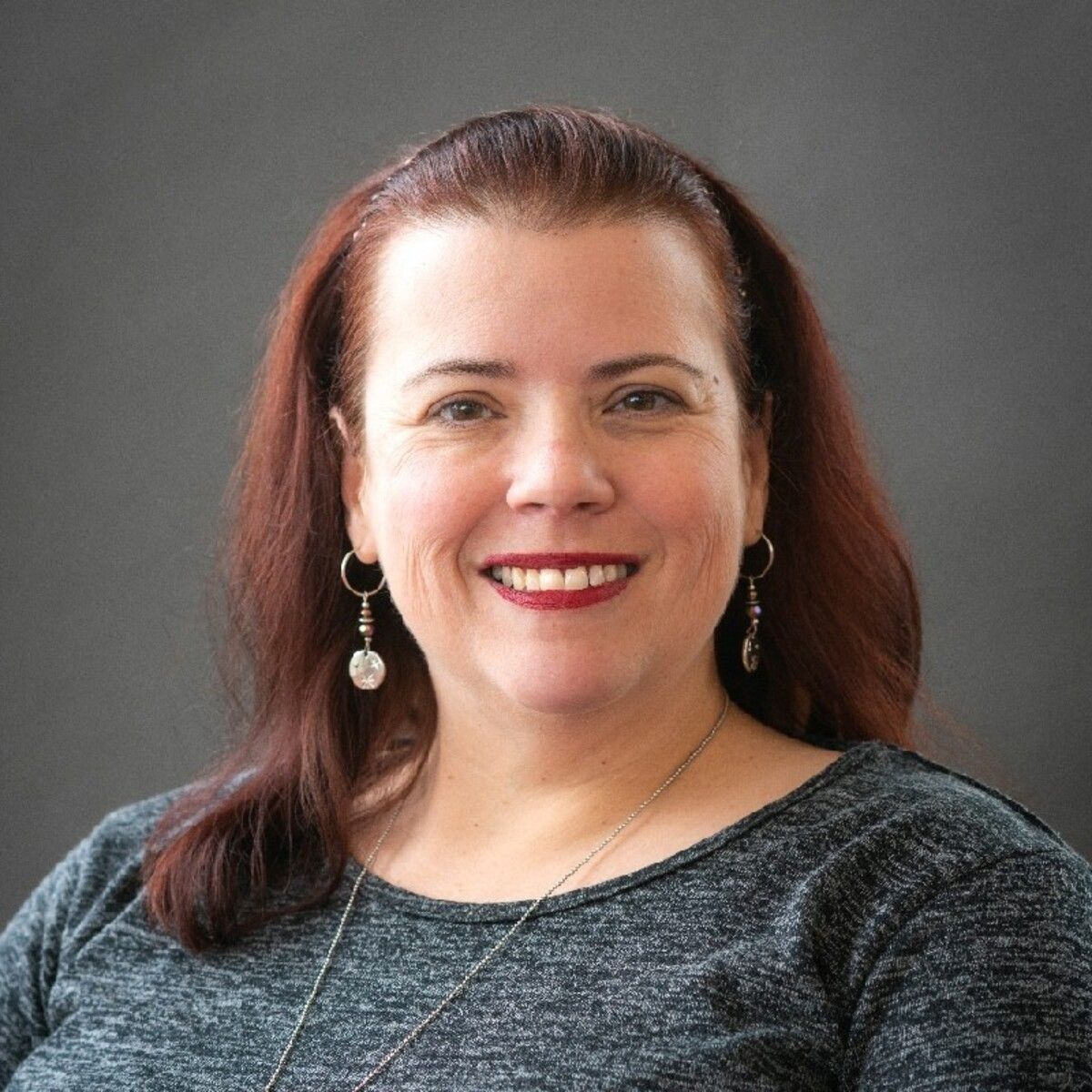With Tuesday’s Bentonville School Board meeting being the first of the 2024-25 school year, many details and discussions focused on making the new year a success.
School administrators outlined four focus areas for the 2024-25 school year based on the district’s Strategic Plan, which has been in place since 2019 and is updated yearly.
“(Updating annually) is a necessity because things change,” said Superintendent Debbie Jones of the strategic plan. The board heard brief reports from various administrators on which strategic goals and action plans would be this year’s focus, including student mental health, school culture, focused curriculum and career-focused expansion.
Student Mental Health

Much of the efforts this year focus on reducing screen time for students, including educating students and parents about the effects of technology on student mental health. The school district will host a parent education night called Teens & Screens at 6 p.m., Monday, Sept. 23, at the Arend Arts Center.
Another related topic that arose was student use of cell phones throughout the day. Grades 5-8 will not be allowed to use cell phones at all during the school day, but grades 9-12 will be allowed to use their cell phones during passing periods and lunch periods.
While many of the efforts focus on reducing various forms of screen time, there is also a focus on providing a positive school environment, promoting physical activity and wellness, and education on digital literacy.
Climate

School climate and culture are the focus of the second strategic goal for this year.
“We want to make sure everyone feels valued,” said Tanya Sharp, chief operations officer.
The district is required to survey staff and families to determine their opinions on parent/family engagement each year. Building-level climate and culture is also a part of a safety audit that is required every three years.
Sharp said that the two surveys will be combined into one survey that will be distributed to parents through the building principals. These measures are designed to increase participation.
Focused Curriculum

The third focus area is curriculum. Much of the focus will be on High-Quality Instructional Materials, often referred to as HQIM.
These materials offer several benefits: aligning schools with state standards, ensuring consistent instruction, supporting differentiated and inclusive teaching, and facilitating teacher observations for mutual learning.
Career-Focused Expansion

The final goal for this year is expanding career-focused education throughout the district. For example, there will be expanded career experiences for middle and junior high students, offering them the ability to be more prepared for potential career and technical education (CTE) or other career-oriented classes in high school and beyond.
Melinda Bunyard, director of career & technical education, referenced the Career Education Continuum (CEC), which the district implemented in 2022. She said the CEC requirements pre-empted statewide requirements that started in 2024, and the CEC would continue. The Continuum outlines how the district manages career-focused education at each grade level.






